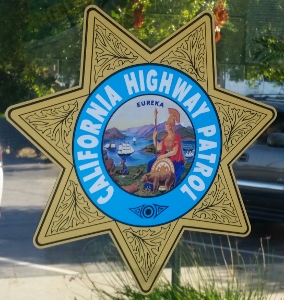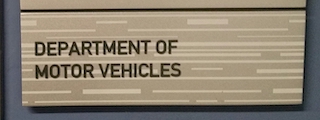Police did not attempt to administer any field sobriety tests (FST’s) of the client at the scene, which the police may have understood would have been vulnerable to criticism because the client was jarred by the collision, impairing his balance.
While this decision to bypass the FST’s was wise, officers also bypassed asking the client when the accident took place or when he left the bar before starting his drive. Consequently, the BAC measurement was legally irrelevant.
When the client contacted Greg Hill & Associates, he thought he had no chance, but he knew hiring an attorney would at least give him peace of mind that an expert in DUI was looking at his case.
When Greg Hill received the police report, he noticed that the CHP officer never stated anywhere in the police report when the accident took place or even when the client left the bar to drive home. The CHP officer was very thorough otherwise in reporting all other aspects of his investigation, but failed to note perhaps the most important detail.

Greg Hill prepared a fourteen-page brief for the client’s DMV Hearing at the El Segundo DMV. Greg included evidentiary objections that argued against the admission of any documents because they were legally irrelevant without information about when our client last drove.
In anticipating the DMV’s likely response, Greg reminded the DMV that reverse extrapolation (adding to the BAC based on alcohol being digested over time, i.e. making a 0.12% BAC into 0.14% BAC one hour earlier and 0.16% two hours earlier) to a time perhaps when the 911 call was made was fundamentally unreliable, at least according to Kurt M. Dubowski, the most well-known prosecution expert witness nationwide on drunk driving cases.
Moreover, reverse extrapolation has never been scientifically accepted as a trustworthy and reliable method in any state.
Raul Mata v. State of Texas (1994, Fourth Court of Appeals) No. 133-00, footnote 79 (retrograde extrapolation should not be relied upon in a criminal case).
The DMV agreed and reinstated our client’s driving privileges, setting aside the stay on the suspension.
Our client was very happy, as his job involved a great deal of driving and he feared losing his job by not being able to drive if his license was suspended.
For more information about field sobriety tests, being asleep and DUI and DMV hearings in general, click on the following articles:
- What Do DUI Field Sobriety Tests (FST’s) Actually Show?
- Is Being Unconscious While DUI a Defense to Second Degree Murder Charge?
- What Is a DMV Hearing for a DUI?
Watch our video about DUI by clicking here.
Contact us. 
